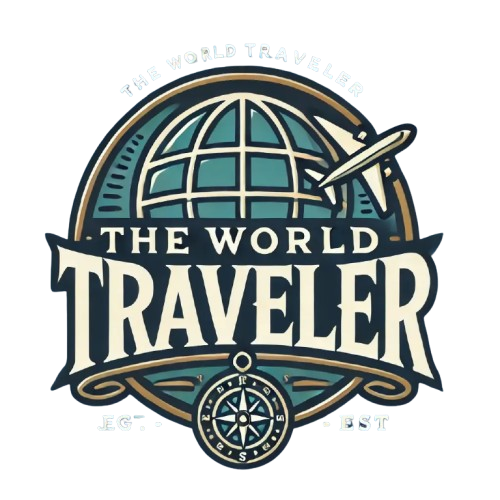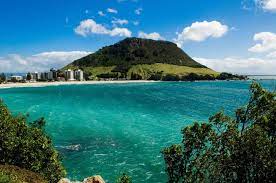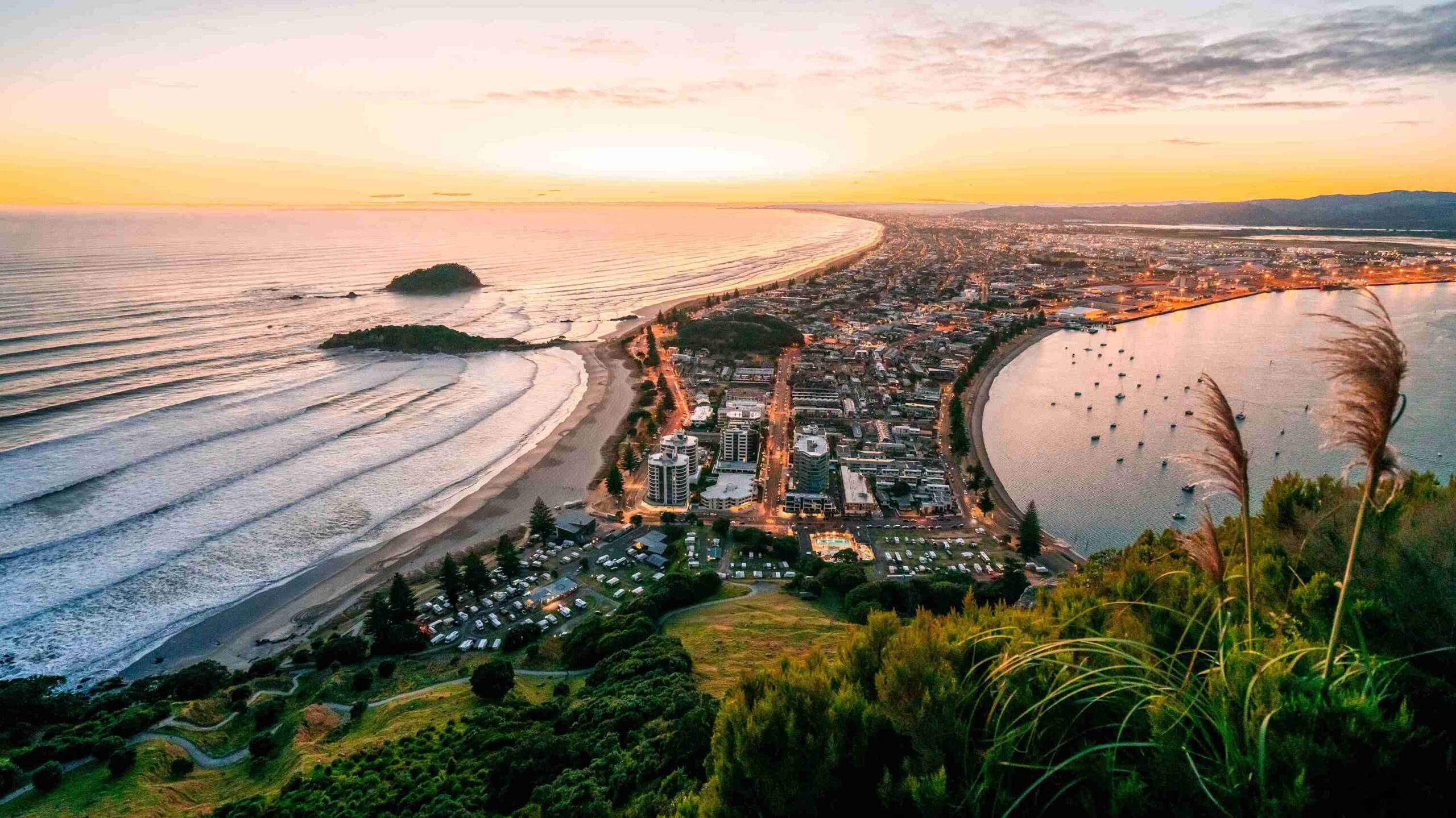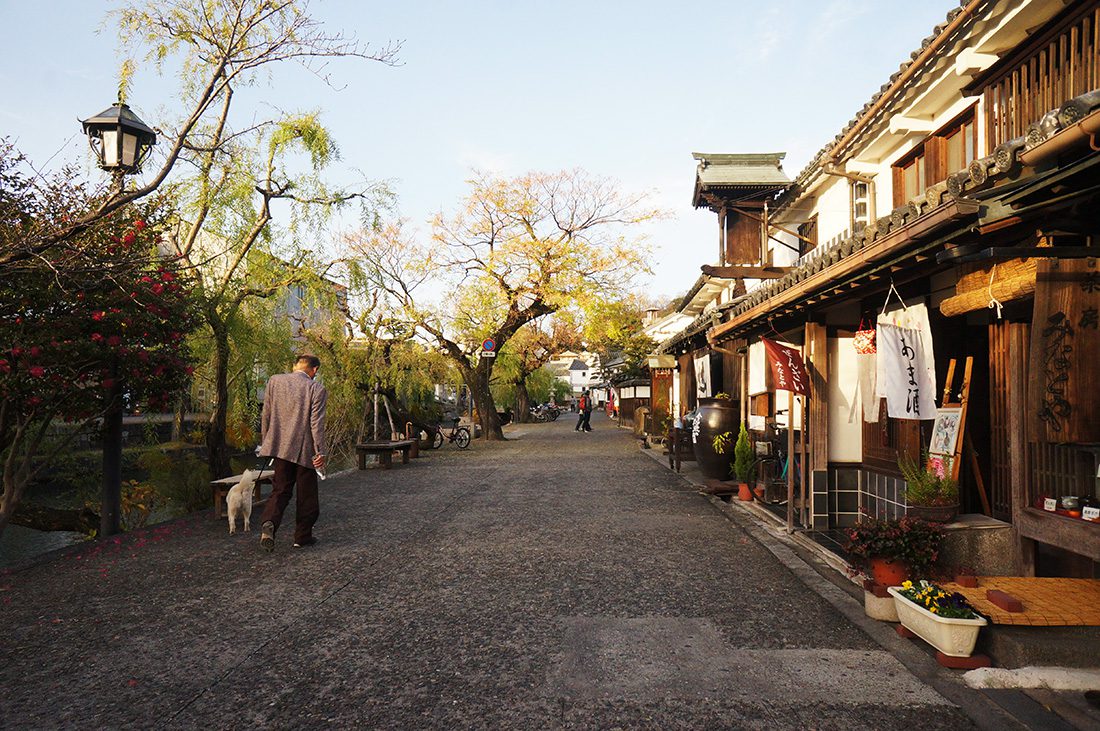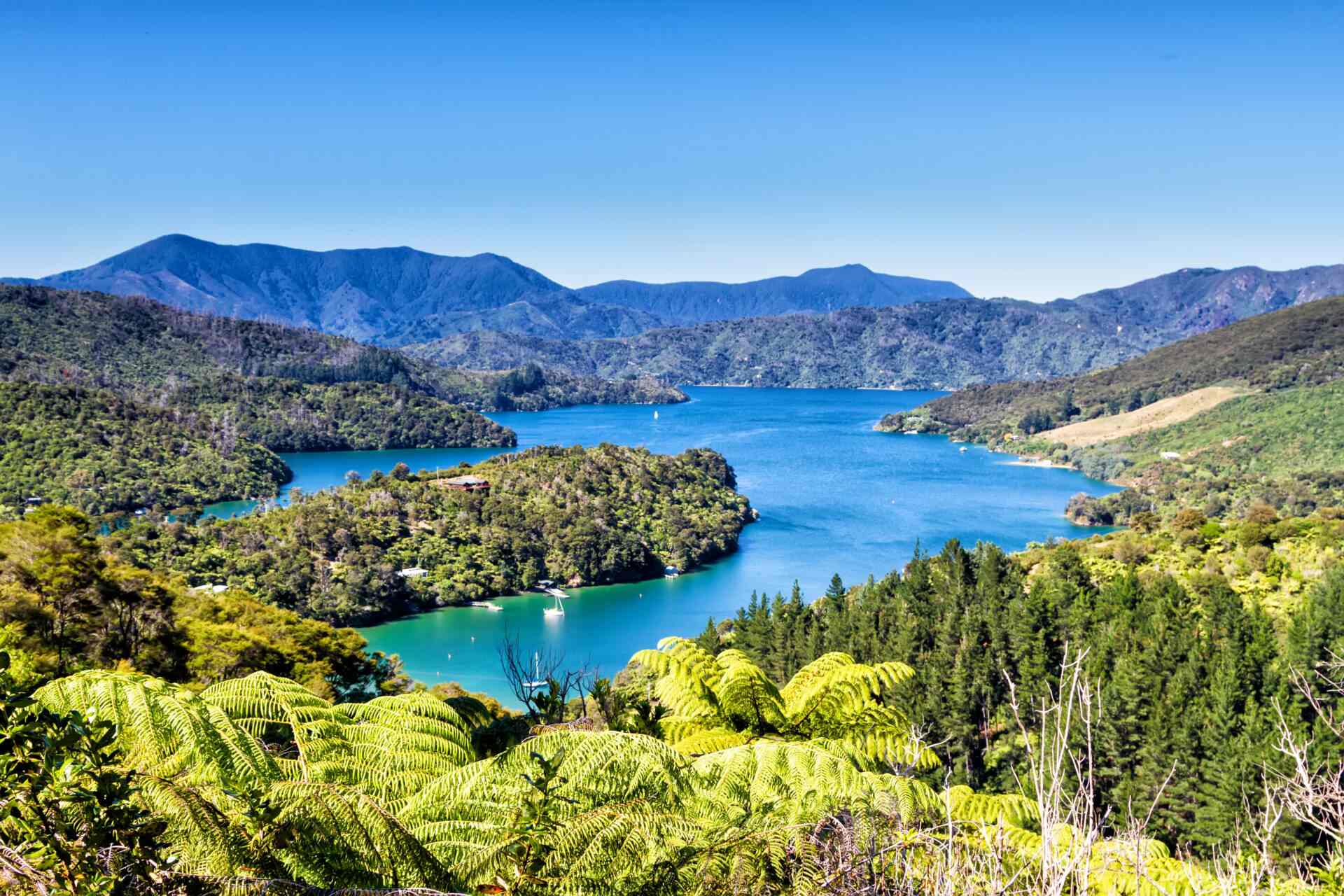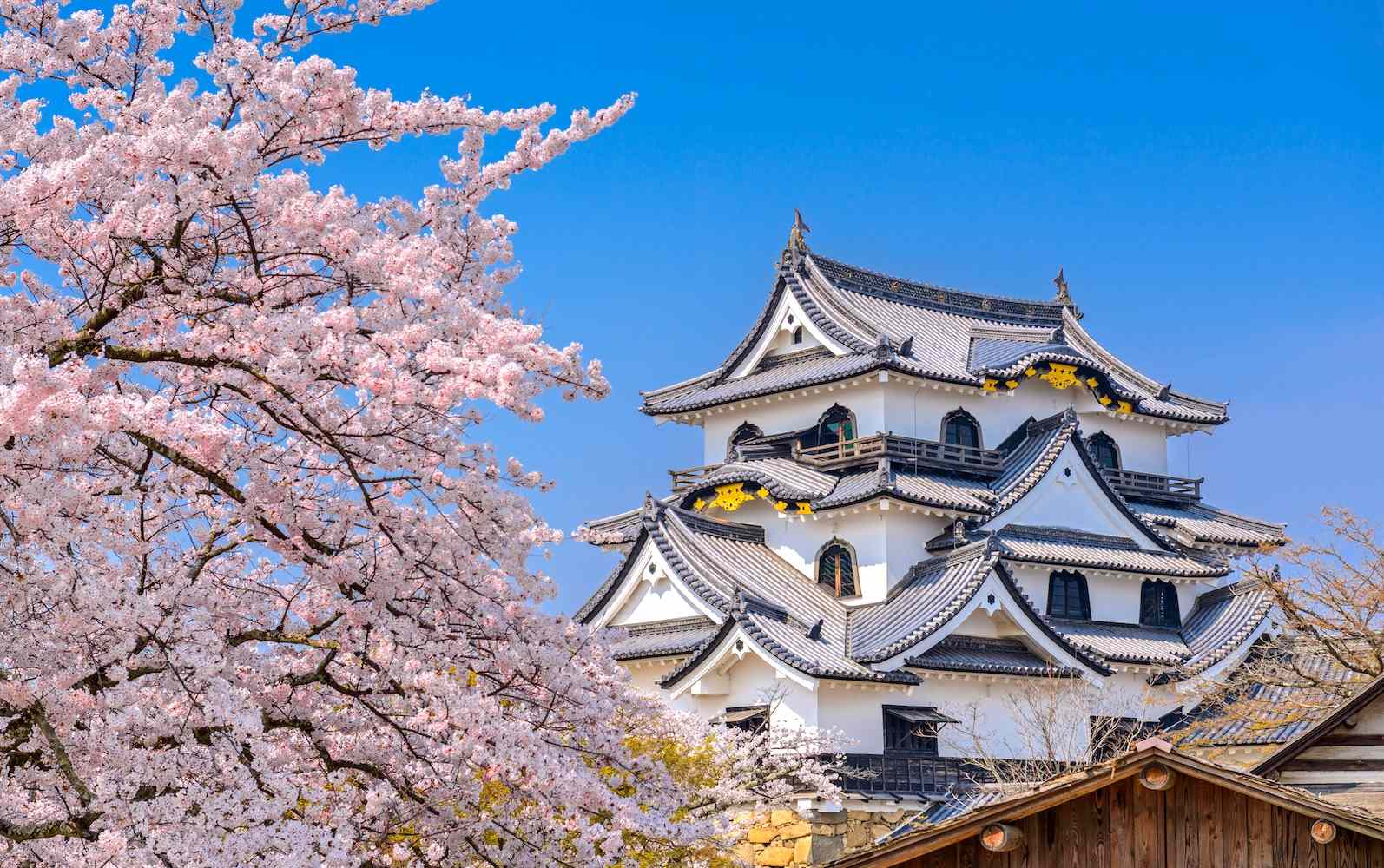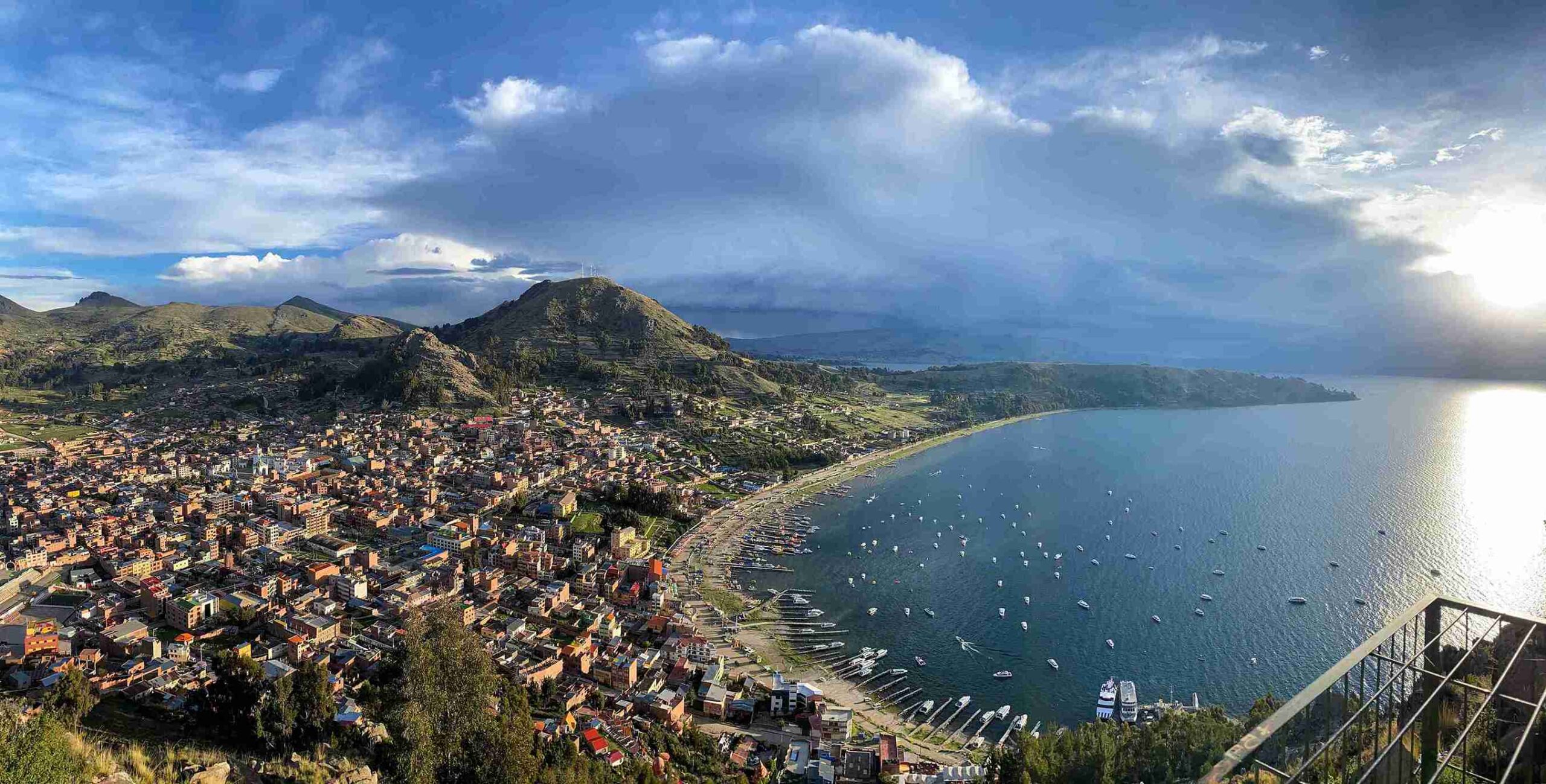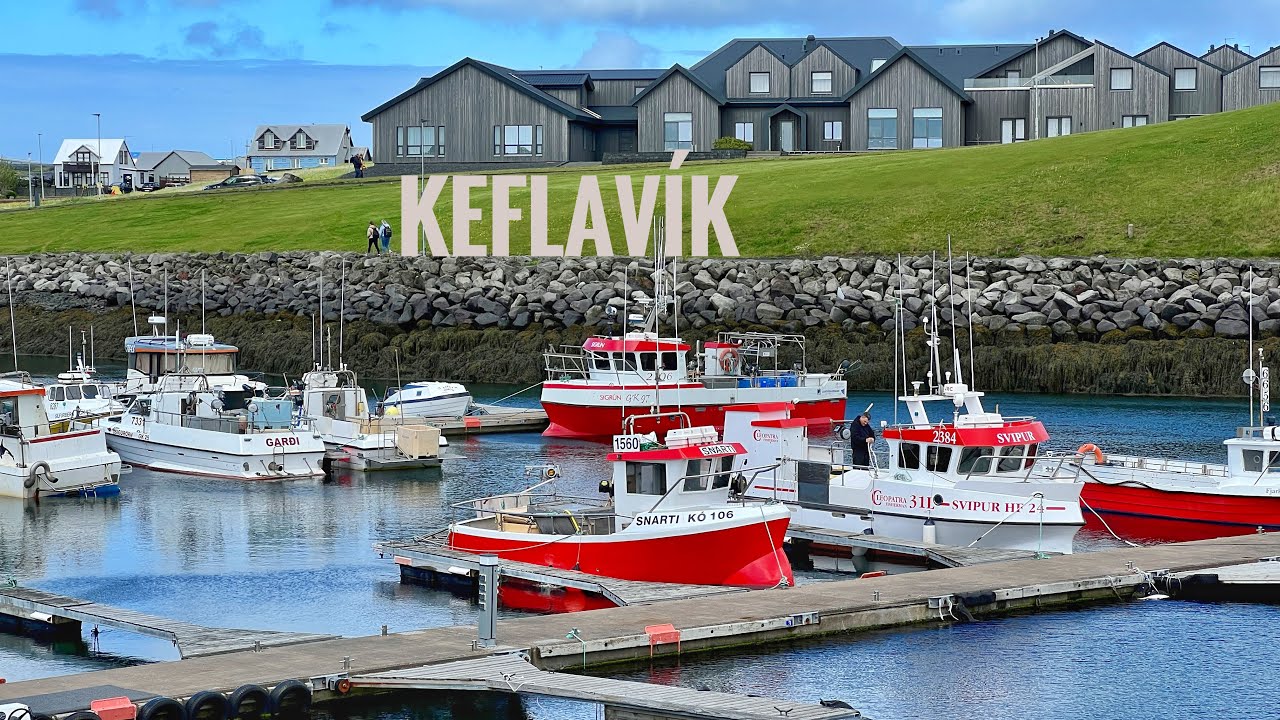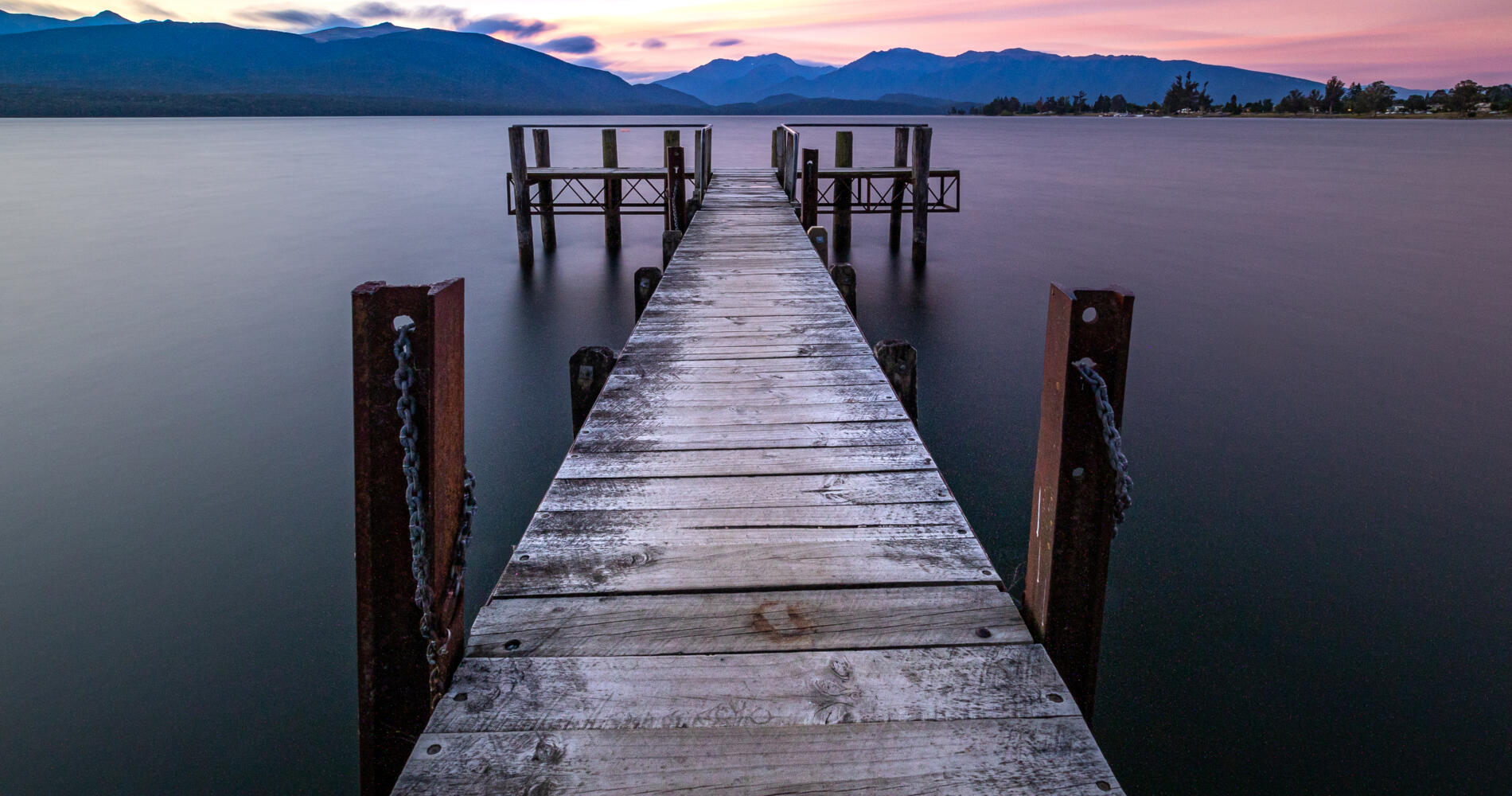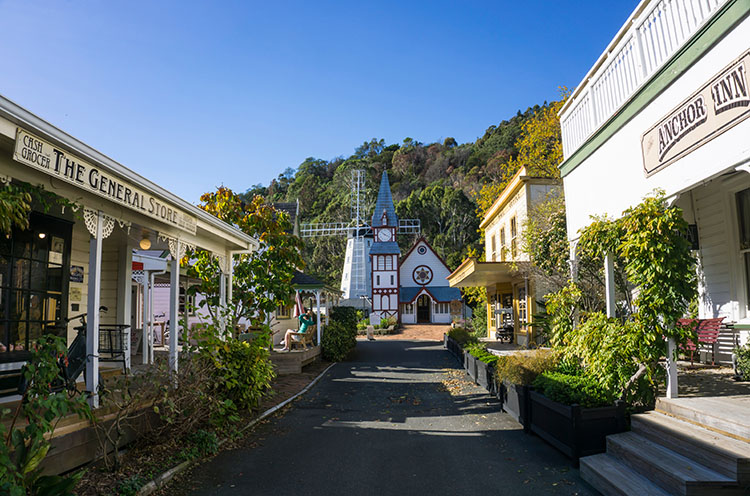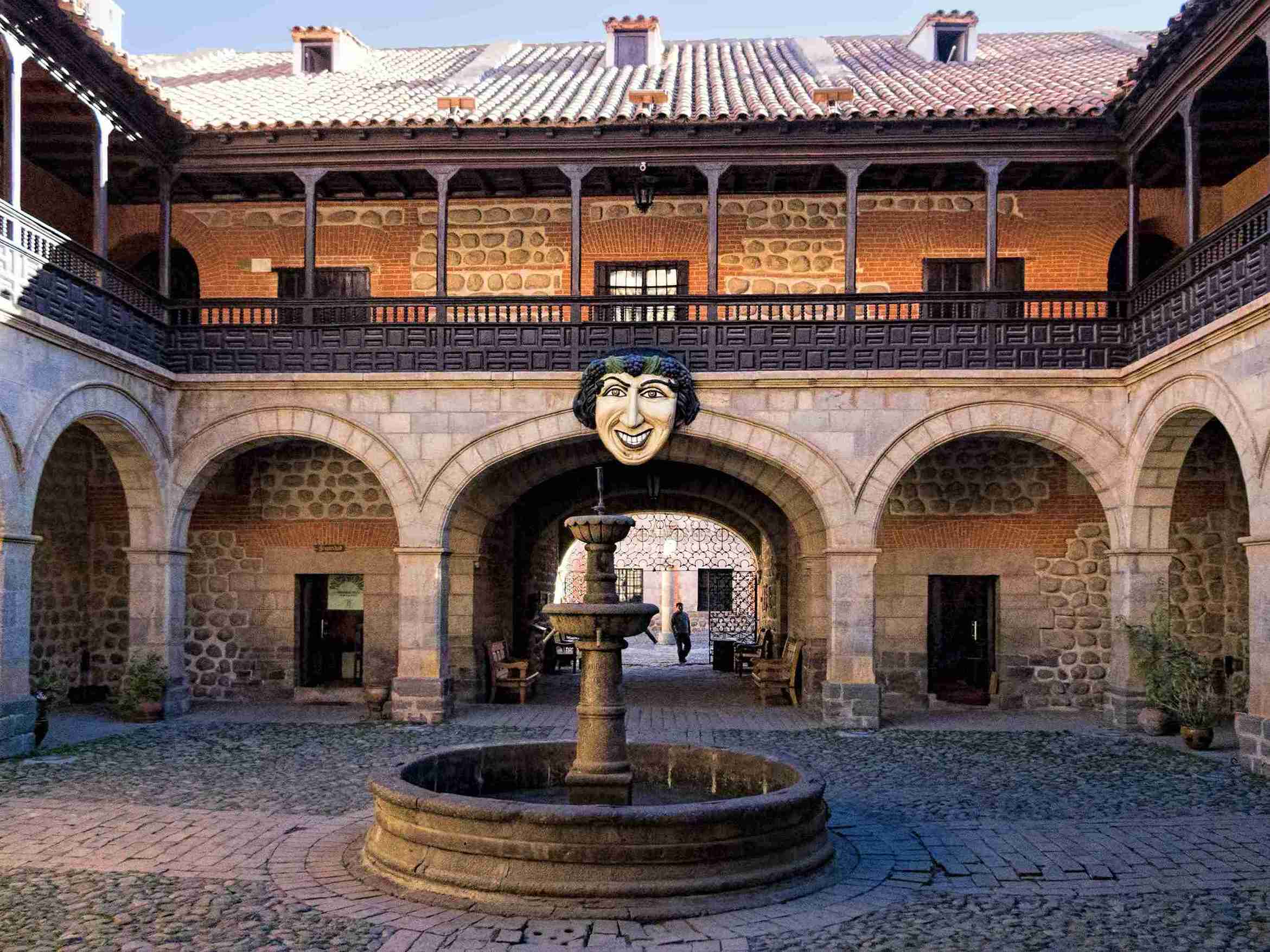Banjul, The Gambia – Travel Tips
Category
Categories
Popular Articles
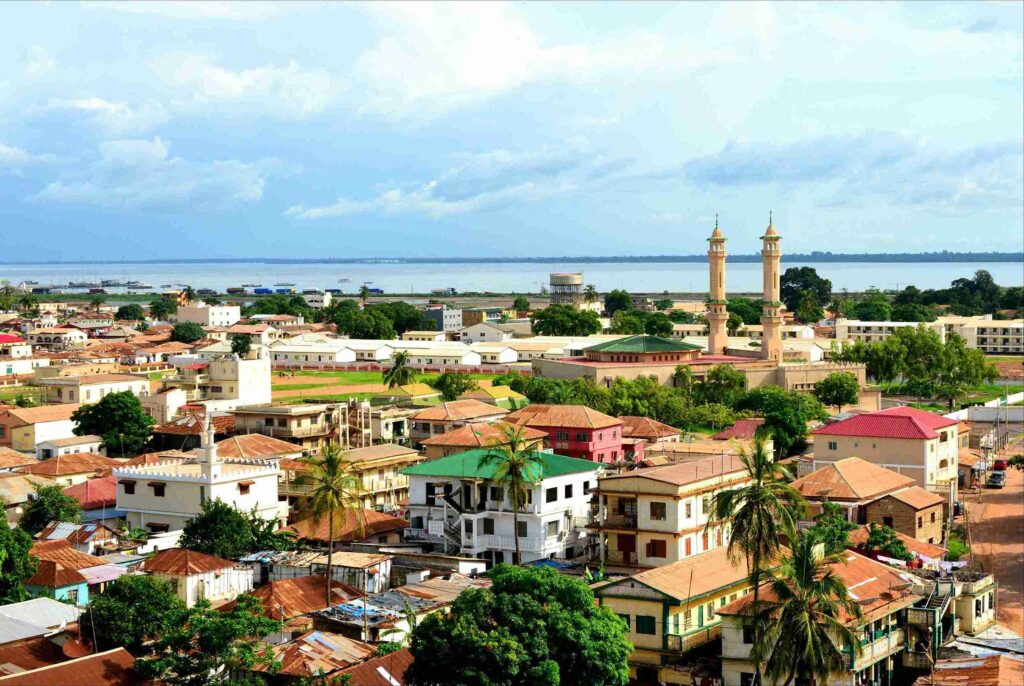
## Overview of the Destination: Banjul, The Gambia
Banjul, the capital city of The Gambia, is a charming and unique destination known for its history, culture, and natural beauty. Located at the mouth of the River Gambia, it offers a serene ambiance, stunning wildlife, and enthralling attractions such as the Arch 22 monument, National Museum of Gambia, and bustling Albert Market. If you love exploring exotic wildlife, indulging in rich cultural experiences, and unwinding on beautiful beaches, Banjul is worth visiting.
## Best Time to Visit
The best time to visit Banjul is during the dry season, from November to June. During this time, the weather is cooler and there are fewer mosquitoes, making it perfect for sightseeing and beach activities. January and February are the peak tourist months.
The off-season, from July to October, is characterized by heavier rainfall but can also offer benefits like fewer crowds and lower prices. The International Roots Homecoming Festival, a major cultural event celebrating African heritage, takes place in May/June and could be worth planning your trip around.
## Climate & What to Pack
The Gambia has a tropical climate with a hot, rainy season from June to October and a dry season from November to May. In general, comfortable, lightweight clothing in breathable fabrics such as cotton or linen is suitable. Don’t forget your swimwear, hat, sunglasses, and sunscreen. For the evenings or possible cooler weather, a light jacket or wrap is advisable. You should also pack a good insect repellent and perhaps a portable umbrella.
## Getting There
The nearest major airport is the Banjul International Airport (BJL), and major airlines like Brussels Airlines, Air Senegal, and Royal Air Maroc operate here. Transport options from the airport to the city center include airport taxis, local buses, and car rental services. Visitors from most countries need a visa to enter The Gambia, which can be obtained prior to departure or on arrival.
## Getting Around Locally
Banjul has a variety of local transport options including taxis, buses, and bicycle rentals. The city is compact enough to explore on foot, but for longer distances, consider taking a taxi or local bus. Driving can be a little chaotic, so it’s advisable to hire a driver or use taxis.
## Safety Tips
Generally, The Gambia is considered safe for tourists, but basic safety measures are recommended, like avoiding badly lit areas at night and not displaying valuables. Avoid unofficial tour guides who can overcharge or scam tourists. Respect local customs and dress modestly, especially when visiting religious sites. Solo travelers are usually safe but should remain cautious and aware of their surroundings, particularly at night.
## Top Things to Do & See
Explore the Arch 22 monument, visit the National Museum of Gambia, stroll through the colorful Albert Market or encounter exotic wildlife in Kiang West National Park. Don’t miss out on the mesmerizing Kotu beach, and for a different experience, take a boat tour along the River Gambia.
## Where to Stay
Banjul offers a range of accommodations for all budgets. For luxury stay, consider Coco Ocean Resort & Spa. Mid-range options include Lemon Creek Hotel Resort, and budget travelers can consider hostels like Boboi Beach Lodge. Fajara, Kotu, and Senegambia are popular neighborhoods to stay in.
## Food & Local Cuisine
The local cuisine is heavily influenced by seafood, rice, and spices. Try Benachin, a popular Gambian dish, or Superkanja, a flavorful okra stew. Street food vendors, local sit-down restaurants, and beachside cafes offer plenty of opportunities to savor these local delicacies.
## Cultural & Practical Tips
The Gambian Dalasi is the local currency. English is widely spoken, and tipping is customary in tourist areas. Power supply is 220-240 volts, and the standard plug type is UK standard (three pin). Free Wi-Fi is common in hotels but can be unreliable. Remember to bargain in local markets.
## Sustainable or Responsible Travel Tips
Support the local economy by buying handmade goods from local markets, dining at local restaurants, and hiring local guides. Respect local customs and natural environments, and always ask for permission before taking a photograph of locals.
## Personal Travel Tip
Embrace the slower pace of life, get off the beaten track, and interact with the friendly local people. This “Smiling Coast of Africa” may be one of the smallest African countries, but its endearing charm and warmth will provide an unforgettable travel experience.
